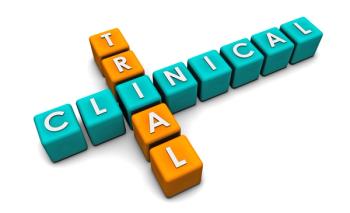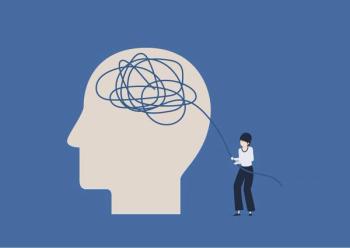
Emotional Intelligence for Mitigating Burnout and Enhancing Well-Being
A "global human energy crisis" is coming. How can emotional intelligence help us navigate it?
Are you and your team burned out? Increased rates of burnout impact the well-being of providers and the quality of care for patients.
In a recent study, the
Mental Health is a Workplace Issue
Frontline health care workers were some of the hardest hit by the pandemic. In addition to tremendous workload, the added mental health effects of fear and uncertainty depleted people and the consequences of prolonged stress on the system have arrived.
As World Health Organization Director General Tedros Adhanom Ghebreyesus
The effects of burnout are both personal and professional. In health care,
Mind Share Partners’ Mental Health at Work
Whether you’re in a formal role of leader, such as a private practice or supervising others in a hospital, you hold a position of leadership. In that position, your choices, your role-modeling, your interactions have a direct impact on others’ mental health and well-being.
A Surprising Myth: Burnout is Not About Overwork
Burnout is the feeling of being utterly depleted, unmotivated and detached from one’s work.
As
- Physical and emotional exhaustion
- Depersonalization / detachment / cynicism
- Decline in sense of personal accomplishment
Burnout’s causes are deeply linked to basic emotional needs like belonging, purpose, recognition and autonomy. Research backs this up. In a recent
Do You Recognize Burnout?
In this model (
- A perceived lack of control or autonomy
- Insufficient reward or recognition
- A perceived lack of social support / community
- A perceived lack of meaning / purpose
While the burnout numbers are alarming, they should be a call to action: Clinicians and staff members are adversely affected by the increased emotional turmoil, and to meet this challenge, new skills are required.
Emotional Intelligence for Health Care Providers
Emotional intelligence has a mitigating effect on burnout for health care workers. In a 2022 cross-sectional
How does emotional intelligence support health care professionals? We spoke with Carlos A. Pellegrini MD, FACS, executive coach, former chief medical officer of UW Medicine, and current chair of the Joint Commission.
He points out that emotional intelligence is integral to a physician’s work: “The practice of medicine today requires clear, constant, and concise communications with the patients and with all other care providers.This starts with introspection – knowing and understanding our own emotions. That in turn, allows us to choose how we interact with them, to share and to give ourselves, and that elicits a need for all others to “give” (knowledge, skills, expertise) and share their emotions with us.The pursuit of excellence in medicine is tied to the emotional intelligence of the provider.”
Five Ways to Reverse Burnout in Your Workplace
The link between mental health and work led the U.S. Surgeon General, Vice Admiral Vivek Murthy, MD, MBA, to release the “Surgeon General’s Framework for Mental Health and Well-Being,” which offers useful broad
- Protection from harm: Take your share of the responsibility for mental health and well-being. That doesn’t mean taking all the share – but being clear that as a leader, you have some work to do in this area.
- Connection and community: Focus on building a positive, inclusive workplace where people feel a sense of belonging. By putting just a little more attention on relationships, physicians have a tremendous opportunity to shape the culture in your practice or team. Relationships are the number one driver of sustainable mental health (and, research on social determinants of health suggest this is true for physical health as well) – and on retaining and engaging employees.
- Work-life harmony: Set and respect boundaries, but also recognize autonomy. In the hierarchical nature of health care businesses, physicians sometimes overuse authority which diminishes autonomy. That has a deleterious effect on mental health, and on performance.
- Mattering at work: Build connection between routine tasks and the meaningful mission. When people can connect the dots between the work they do and the positive impact it has, this meaning at work can mitigate stress.
- Opportunity for growth: Learning brings a sense of accomplishment. Physicians can do this for themselves by engaging in meaningful learning, and support team members by teaching, mentoring, and offering quality feedback.
Healthy Minds, Healthy Workplaces, Healthy People
When health care organizations prioritize their own people, they create better results. In a
“The physical space is a manifestation of the people who work in it, and how they work together,” says Dr. Sliwa. “And research shows that emotional intelligence is a critical factor in people’s ability to regulate themselves and work effectively with others.”
As individuals we are each responsible for our own wellness and we are also an integral part of an organizational system or institution. When we raise awareness and participate in positive practices to support emotional intelligence we can disrupt the cycle of burnout and influence a supportive work environment for all.
Joshua Freedman, MCC and CEO of
Note: This article originally appeared in
Newsletter
Receive trusted psychiatric news, expert analysis, and clinical insights — subscribe today to support your practice and your patients.







